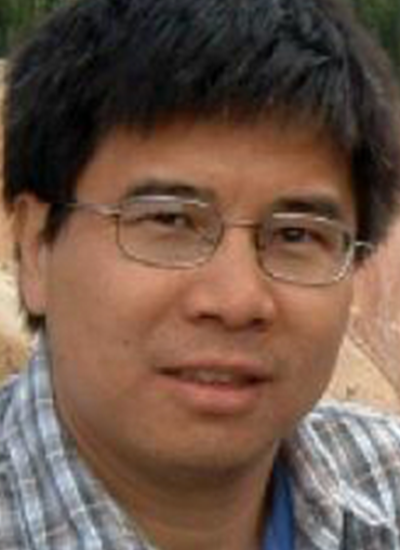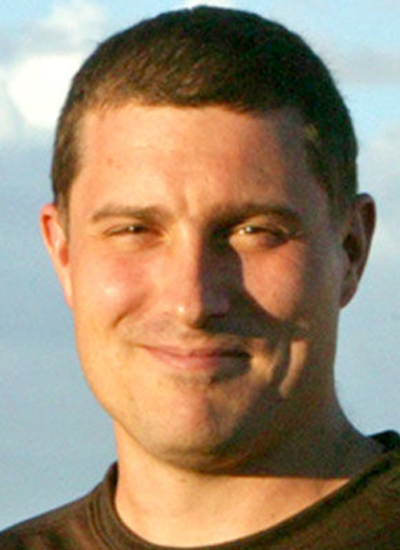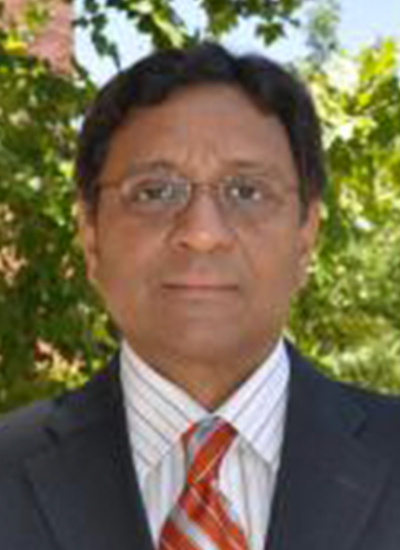HIV
Michael Worobey
Research Interest
Chengcheng Hu
Work Summary
Chengcheng Hu has worked on a broad range of areas including cancer, occupational health, HIV/AIDS, and aging. He has extensive collaborative research in conducting methodological research in the areas of survival analysis, longitudinal data, high-dimensional data, and measurement error. His current methodological interest, arising from studies of viral and human genetics and biomarkers, is to develop innovative methods to investigate the relationship between high-dimensional information and longitudinal outcomes or survival endpoints.
Research Interest
Elizabeth Connick
Work Summary
Dr. Connick is a physician scientist who has dedicated her career to the improvement of health of individuals living with or at risk for HIV-1 infection. Her research ranges from laboratory based investigations of HIV-1 immunopathogenesis to clinical and epidemiological studies of novel immunotherapies and other interventions to improve health outcomes in people living with HIV-1.






